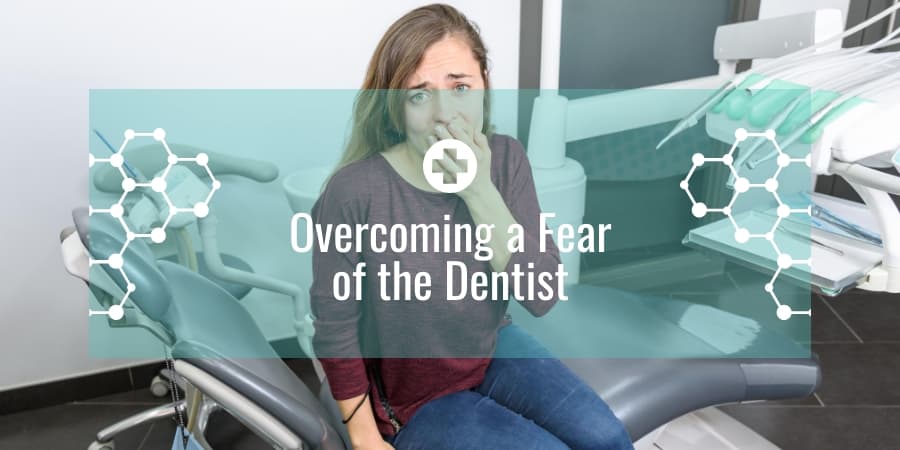Thanks to a combination of dramatised dentist stories, the odd not-so-great experience and our limitless imaginations, going to the dentist can be a scary experience for some.
There is approximately one in seven people who have encountered dental anxiety, according to a report from private health insurance company. But the problem with putting off the dentist is that the damage that can occur to your teeth in that time can often become very dangerous for your health and also require more dental work than what was originally needed.
We have provided you with a useful guide to help alleviate any fears you may have about taking a trip to the dentist.
Table of Contents
Choosing a dentist
It’s amazing how much the right dentist can help you overcome a fear of getting into the chair. Some dentists are more skilled than others at performing comfortable clean and scale or filling teeth procedures for their patients. Talk to people about who they have chosen as their dentists and why. People who have returned to the same dentist for many years are usually on to a good thing.
Tell your dentist about your concerns
Let your dentist know if you are nervous about the dental work they will give you. Ask your dentist to give you a run down on the dental procedure you will receive so that you are not rudely surprised. You might also like to agree with your dentist on a ‘stop’ signal if you need a break from the procedure.
Pain-relief methods
Some studies have revealed that our pain tolerance levels are higher in the morning than they are in the afternoon so you might like to book an appointment early in the day.
Anti-anxiety drugs
You might also like to take anti-anxiety drugs to help you calm down before your dental procedure begins. Dr Ian Jacobi, HCF Director of Dental Services suggests that these medications be prescribed in conjunction with your GP.
Anaesthetics
Local and topical anaesthetics can also be used to help relieve any pain to the tooth and gum area that may occur while a dentist is working. Anaesthetic usually works quite quickly and deadens pain for a couple of hours. Make sure that your dentist provides you with a topical anaesthetic before s/he gives you an injection so that the needle holding the anaesthetic does not hurt as it enters.
Conscious sedation
Another method for pain reduction includes conscious sedation, commonly known as ‘laughing gas’. This method dulls your awareness, helping you to relax, without restricting your body functions such as swallowing and breathing.
General anaesthesia
If you are having a complex surgical procedure on your teeth such as having your wisdom teeth removed, you will be sedated using general anaesthesia. It may also be used if your dental anxiety is extremely overwhelming. This anaesthesia renders you unconscious and means you are unable to breathe or swallow independently. Only professionals who are trained in anaesthesiology can administer it and usually requires you to go to hospital or day surgery.
Alternative therapy
If you wish to take your mind off the stress of going to the dentist but don’t want to use any drugs, there are a couple of alternative remedies that you can use.
Visualisation
You may also like to consider visualisation to help you relax and control your pain response at the dentist. By visualising a calm place such as a rainforest or beach you can help take your mind off what is happening.
Hypnosis
Hypnosis has often been recognised as an effective way to alleviate the anxiety of going to a dentist. It is also a great substitute for those people who can’t tolerate anaesthesia because of health or allergy issues.
With a wide variety of measures that are available for you to deploy, going to the dentist will become a less daunting task, so put them into place today to help keep your oral health top-notch.
